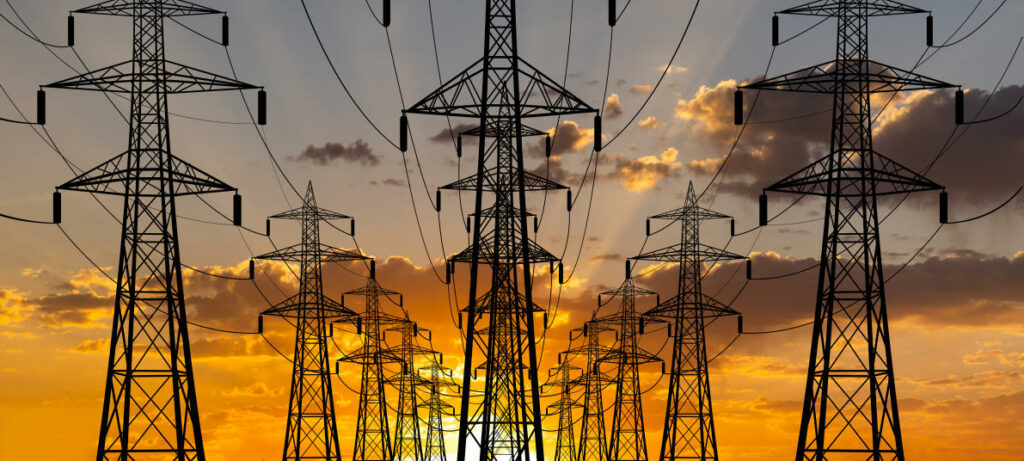Not, you’d think, cause for celebration. But the New York Times Magazine runs a piece by Abraham Lustgarten saying at least the blackouts in California driven by a desire not to start more wildfires with “faulty transmission lines” has “made the apocalyptic future of the climate crisis immediate and visceral for some of the nation’s most comfortable people. It is easy to ignore climate change in the bosom of the developed world. But you can’t fail to notice when the lights go out.” Indeed. As they will if ill-informed panic over climate change leads us to abandon reliable power sources for renewable wills-o-the-wisp.
At one point Lustgarten almost seems to grasp this point. “[C]utting power can exacerbate some fire risks. In a blackout, more people rely on home generators, many of which have been installed without permits and might be no less faulty than the utility’s own equipment. Detours and gridlock force more cars into vulnerable places. (Sparks off roadways are another top cause of wildfire.) The blackout makes it harder for the public to respond to fire emergencies even as it does little to prevent all the other factors that cause them — from careless barbecues to tossed-out cigarette butts to plain old arson.”
Exactly. Natural disasters are far more deadly in poor countries and regions, and to poor people in rich countries, because abundant affordable energy powers our efforts to rescue victims of floods, keep hospital equipment working, feed people and fight wildfires. So is the problem too-cozy relationships between government and big energy utilities, and neglect of infrastructure for sexier vote-buying public spending? No. Yes. Maybe.
In fact PG&E was ordered to sell customers as much power as they want at government-set prices in 1998, and entered bankruptcy three years later, whereupon the state assumed the burden and lost a fortune; the relationship may be too close but it’s hardly cozy. Indeed the state’s current governor, who has just declared a statewide emergency, is railing against the company for failing to spend enough of the money the state wouldn’t let it earn on its infrastructure. “It’s more than just climate change. It’s about the failure of capitalism to address climate change,” he told the media. So if we just get rid of capitalism maybe the fires will go out. And the lights.
If the governor appears confused, Lustgarten doesn’t seem sure what he wants either. “The safest way to proceed under such circumstances — on an annual basis, every time the thermometer kicks up and the winds begin to blow — is probably not simply to forgo the use of one of civilization’s most elementary and essential innovations.” Leaving aside the probably, he’s had a brilliant insight: freezing or burning in the dark is bad. Moreover “Significantly lowering emissions, reducing waste, managing our landscape and fortifying our communities would all do much more to save lives. But it’s hard to imagine that even deep-blue California will make sufficient progress on the climate-adapting steps we’ve long been implored to take.”
Hmnnn. Tricky. Can’t keep going, can’t stop. But the key point is that if California’s P&E Energy giant has lousy transmission lines that blow down and set stuff on fire, it’s because of CO2. And “Perhaps if blackouts were mandated in your community, your neighbors might awaken to this eerie truth as well.”
Or maybe they’d want transmission lines that didn’t fall down in a wind. Could go either way.


